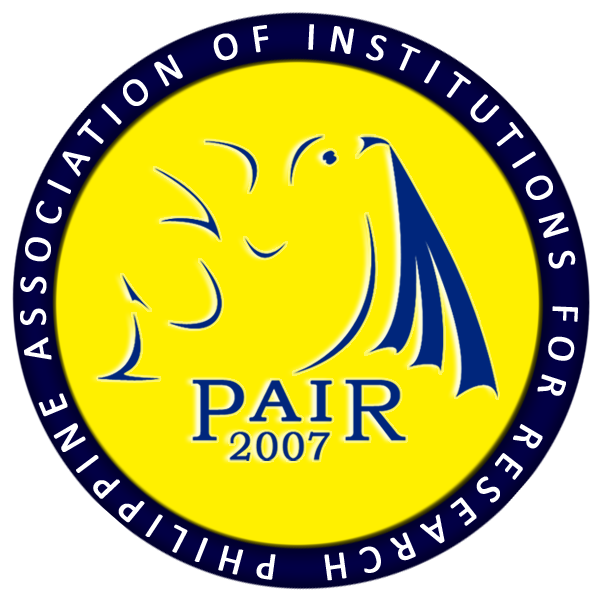School Responsiveness and Psychosocial Stability of Teachers, Parents, and Learners on the Implementation of Learning Delivery Modalities (LDMs): A Basis in Policy Brief Formulation
DOI:
https://doi.org/10.7719/jpair.v48i1.408Keywords:
Education, distance learning delivery modalities, intervention model, mixed-method design, PhilippinesAbstract
Pedagogy, technology, and material resources are some challenges in ensuring the continuity of learning, while teachers, parents, and learners are factors that significantly affect the school’s learning performance. The Department of Education mandate schools and learning centers to implement capacity building and establish support mechanism to ensure the seamless transition of learning activities into the New Normal. The objective of the study is to understand how parents, learners, and teachers will be able to adjust to the new learning setup, embrace the changes, and affects the delivery and acquisition of new learning, as well as the implications of the pandemic in the participant’s personality. A sequential explanatory research design was used in the study. Data were collected in two consecutive phases. First phase data were computed from the responses in the survey questionnaire, while the second phase responses from focus group discussion used thematic analysis. Based on the generated themes, a new intervention model, Three-way Teaching and Learning Process in the New Normal, was established. The model integrates significant processes such as observation, communication, instruction, interaction, support, and participation in ensuring the success of the new learning set-up. The model also shows interventions highlighted, such as communication access, professional development, digital collaboration, independent learning, stakeholder engagement, and parental education. The intervention model is recommended to be used as an implementation framework in the Division and School Learning Continuity Plan.
Downloads
Downloads
Published
Issue
Section
License
Copyright (c) 2022 Susan DL Oribiana, Dexter M. Palanas, Ligaya B. Fuego

This work is licensed under a Creative Commons Attribution-NonCommercial 4.0 International License.
Open Access. This article published by JPAIR Multidisciplinary Research is licensed under a Creative Commons Attribution-Noncommercial 4.0 International (CC BY-NC 4.0). You are free to share (copy and redistribute the material in any medium or format) and adapt (remix, transform, and build upon the material). Under the following terms, you must give appropriate credit, provide a link to the license, and indicate if changes were made. You may do so in any reasonable manner, but not in any way that suggests the licensor endorses you or your use. You may not use the material for commercial purposes.




















